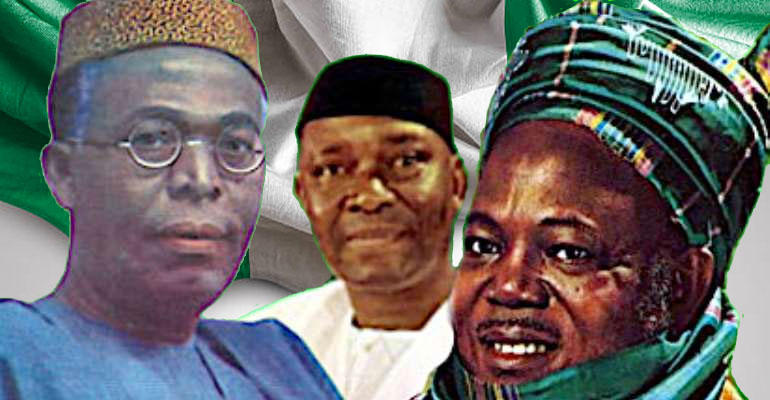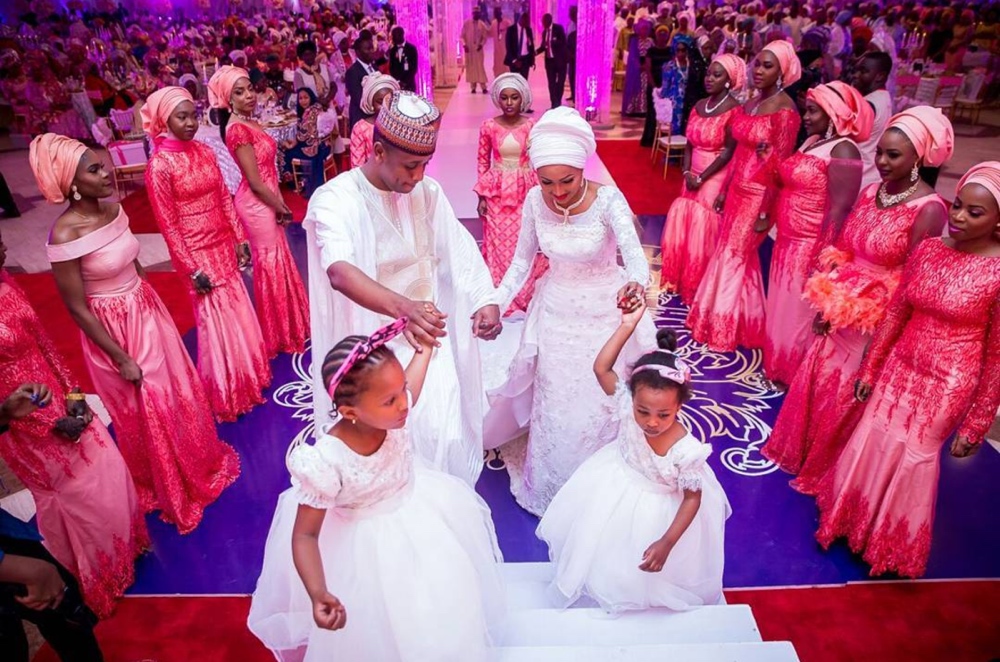
Tribalism and Nigeria
Tribalism is a deep-seated problem that plagues much of Africa, including Nigeria. It is a phenomenon where people identify more closely with a particular ethnic or linguistic group rather than their nationality. Tribalism has been a major source of conflict, marginalization and instability throughout the continent, and Nigeria is no exception.
In Nigeria, tribalism has resulted in ethnic and religious divisions, unequal access to education and employment, and unequal representation in government. It has also led to a lack of trust and understanding between different ethnic groups and even within the same ethnic group. This has created a political and economic environment that is characterized by competition instead of cooperation.
What’s more, tribalism has caused social divisions between different ethnic and religious groups. This has resulted in violence, mistrust and discrimination. As a result, many of the country’s resources are distributed unequally.
Tribalism in Nigeria has been exacerbated further by the recent 2023 election.
Politicians have reportedly used divisiveness to win the support of their respective ethnic groups. As a result, this has led to an increase in acts of bigotry, insecurity, and even violence in parts of the country. People are more loyal to their ethnic group than to the country as a whole, which has made it hard for the government to make progress.
Tribalism in Nigeria should not be tolerated and must be addressed. The national government must promote unity and understanding among the various factions and ensure that all citizens are treated with respect, regardless of their ethnic group. Education can play a key role in promoting unity and understanding by teaching children about different cultures and values. Moreover, governments must ensure equality and justice are included in all laws, to ensure all citizens are treated equally.
All in all, tribalism in Africa is not a new phenomenon and it is important to take steps to promote unity. Nigeria is certainly feeling the effects of tribalism with the recently elected administration but by taking the right measures, it can be decreased. It is up to the government and the citizens to work together to create a more accepting environment and look beyond tribalism within the 250 ethnic groups and create a more integrated, tolerant and prosperous society regardless of beliefs and customs.
In conclusion, tribalism has evolved into a divisive mechanism for politicians and an invisible barrier that has caused immense suffering and instability, and it should be discussed in all capacities. The government must also prioritise efforts to reduce, and eventually eliminate the country’s oppressive system. This will necessitate the creation of an environment in which people can trust one another, as well as strong leaders who promote tolerance and inclusion. Only then will the country be able to progress and build a more prosperous future.













